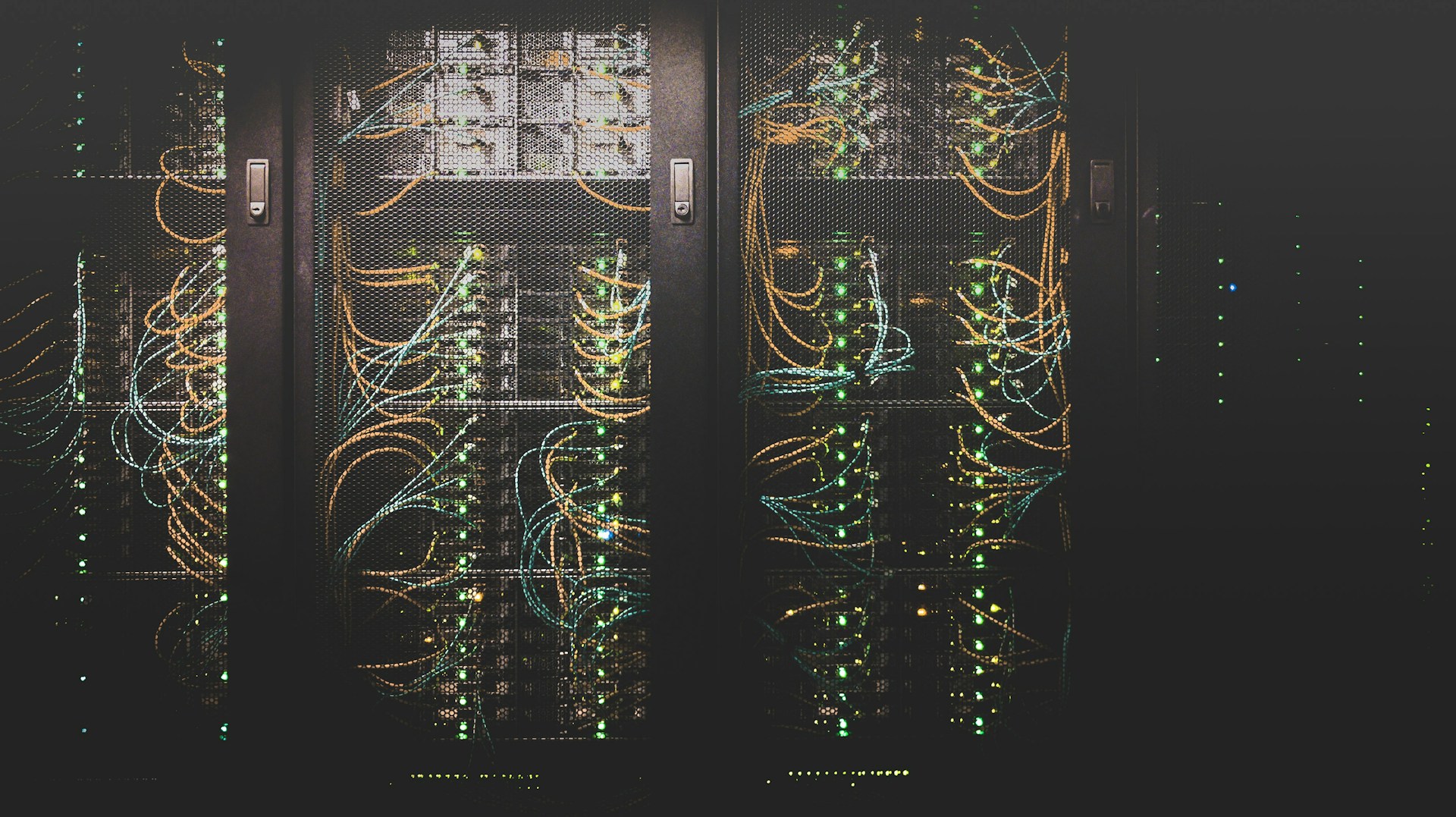In a world increasingly driven by data and connectivity, the UK’s healthcare sector faces unique challenges and opportunities. Edge computing represents a significant advancement capable of transforming how healthcare data is managed and utilized. With the integration of edge devices and cloud computing, this technology promises to enhance patient care, improve security, and enable real-time responses.
Revolutionizing Healthcare Data Processing
Adopting edge computing in the UK’s healthcare system can revolutionize data processing. Traditional cloud computing involves transferring data from local devices to centralized data centers, which can lead to latency, bandwidth issues, and potential security risks. Edge computing, however, processes data at or near the point of origin, minimizing these challenges.
A lire aussi : How to use AI for predicting market trends in UK’s retail industry?
For example, consider a smart hospital where edge devices are deployed to monitor patient vitals. Instead of sending massive amounts of data to a central data center for processing, these devices can immediately analyze and act upon the data. This leads to faster real-time decision-making, which is essential in critical healthcare scenarios.
Additionally, edge computing can significantly reduce the data load on central servers, ensuring more efficient data management and processing. This is particularly relevant in healthcare, where the volume and variety of data are exponentially increasing. By processing data closer to its source, healthcare providers can enhance data analytics, enabling more precise and timely interventions.
En parallèle : What specific methods can enhance mobile banking security for UK’s finance sector?
Enhancing Patient Care with Real-Time Responses
The ability to respond in real-time is a significant advantage of edge computing in healthcare. For patients with chronic conditions or those in critical states, immediate action can mean the difference between life and death. Edge devices can continuously monitor patient vitals and trigger alerts or interventions without the need for external data transmission delays.
Imagine a scenario where a patient with a heart condition is monitored using an edge device. If the device detects abnormal data patterns, it can instantly alert healthcare providers or even administer pre-programmed treatments. This real-time capability not only improves patient outcomes but also reduces the workload on medical staff, allowing them to focus on more complex tasks.
Furthermore, machine learning and artificial intelligence algorithms can be deployed on edge devices to analyze data locally, providing personalized health insights and recommendations. This can empower patients to take proactive steps in managing their health, leading to better long-term healthcare outcomes.
Improving Data Security and Privacy
Data security and privacy are paramount in healthcare. With the rise of IoT (Internet of Things) devices, the risk of data breaches and cyber-attacks has increased. Edge computing offers a robust solution to these concerns by minimizing the need to transfer sensitive data across networks.
When data is processed locally on edge devices, it reduces the exposure to potential cyber threats. By keeping sensitive patient information closer to its source, healthcare systems can implement more stringent security measures and control access more effectively. This is crucial in maintaining patient trust and complying with regulatory standards.
Additionally, edge computing’s decentralized nature can improve resilience against data breaches and failures. Even if an attacker compromises a single edge device, the impact is limited compared to a breach of a central data center. This layered approach to security can significantly enhance the overall safety of healthcare data.
Optimizing Resource Utilization in Healthcare Systems
The UK’s healthcare systems are under constant pressure to optimize resource utilization. Edge computing can play a pivotal role in achieving this goal by streamlining data processing and reducing the dependency on central data centers.
In a data-driven environment, healthcare services generate vast amounts of data daily. Processing all this data centrally can strain resources, leading to delays and inefficiencies. By adopting edge computing, healthcare providers can distribute the data processing workload, ensuring more efficient use of available resources.
Moreover, edge computing facilitates the integration of various IoT devices within the healthcare ecosystem. Smart wearables, remote monitoring systems, and diagnostic tools can all operate more efficiently when data is processed at the edge. This interconnected approach can lead to more coordinated and effective patient care.
Facilitating Advanced Data Analytics and AI Integration
The integration of artificial intelligence and machine learning in healthcare is transforming patient care and data management. Edge computing enables these technologies to operate more effectively by providing the necessary computational power closer to the data source.
Healthcare providers can leverage edge computing to deploy advanced data analytics tools that can process large volumes of data in real-time. This capability is essential for predictive health models, personalized treatment plans, and early detection of potential health issues. For instance, deep learning algorithms can analyze data from medical images, detect anomalies, and provide diagnostic suggestions on the spot.
Furthermore, edge computing supports the collaboration between data centers, cloud, and edge devices, creating a robust ecosystem for healthcare data management. This hybrid approach allows for seamless data flow and processing across different layers, enhancing the overall efficiency and effectiveness of healthcare services.
Adopting edge computing for healthcare data management in the UK offers numerous benefits. It enhances real-time responses, improves data security and privacy, optimizes resource utilization, and facilitates advanced data analytics and AI integration. By processing data closer to its source, healthcare providers can deliver more accurate, timely, and personalized patient care.
In a landscape where data is the backbone of healthcare innovation, edge computing stands out as a transformative solution. As technology continues to evolve, the integration of edge devices and cloud computing will further solidify the foundation for a smart, efficient, and secure healthcare system. Embracing this change is not merely an option but a necessity to meet the growing demands and challenges of modern healthcare.










